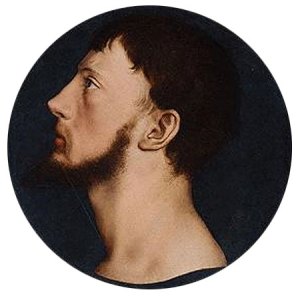
DO NOT GO GENTLE INTO THAT GOOD NIGHT
Do not go gentle into that good night,
Old age should burn and rave at close of day;
Rage, rage against the dying of the light.
Though wise men at their end know dark is right,
Because their words had forked no lightning they
Do not go gentle into that good night.
Good men, the last wave by, crying how bright
Their frail deeds might have danced in a green bay,
Rage, rage against the dying of the light.
Wild men who caught and sang the sun in flight,
And learn, too late, they grieved it on its way,
Do not go gentle into that good night.
Grave men, near death, who see with blinding sight
Blind eyes could blaze like meteors and be gay,
Rage, rage against the dying of the light.
And you, my father, there on the sad height,
Curse, bless me now with your fierce tears, I pray.
Do not go gentle into that good night.
Rage, rage against the dying of the light.
Dylan Thomas
The first time I read those words, it was like they were emblazoned on the shield of the absolute warrior-hero of my dreams. Anyone who could put rage and gentle together in a lyrical poem to his dying father was a ROCK STAR in my book. Imagine my heartache when my 12th grade English teacher snidely remarked that this man, the one who so earnestly plead with his dying father to fight and rage against death walked into the White horse tavern on November 9th 1953 and drank himself to death. It wasn't enough to stop me from adoring this poem, but I was so utterly disappointed that the rock star went out that way. That he just gave up.
Poetry is important to me at the moment, so I'm revisiting all the masterpieces of my youth. I decided to look up my old flame and a quick Google search may have restored my admiration of the rock star who was Dylan Thomas. What if he didn't drink himself to death? What if he was sick before he went in to the bar? I am so bored of celebrity who-done-it access Hollywood exclusives about the doctors responsible for killing off celebrities. Yeah, doctors screw up, they are human. When they screw up with someone famous, we all get to hear about it. But according to author David Thomas the personal physician of Dylan Thomas likely misdiagnosed a bronchial infection and proceeded to administer the worst possible drug, morphine, assuming that Dylan Thomas' condition was the result of his heavy drinking.
People have to take responsibility for their actions, I was appalled at this BBC article that lays blame for DT's alcoholism at universities for not giving him a fellowship, or at the BBC for not giving him a job as a reporter, or on his reliance on American lecture circuits that kept him away from his wife and family. Nope, I don't buy the whole celebrity=victim thing. Dylan Thomas was most likely an alchoholic, he had only himself to blame for that. And his poor diet, heavy drinking and sleeplessness contributed to his poor health. But I do take comfort in the new evidence. I guess it isn't that new, 5 year old evidence that the poet of my dreams did not lay his life down in a fit of drunkenness in a bar. He arrived in New York feeling ill, cheated on his wife with the assistant of his agent and had some drinks. After complaining to his physician that he couldn't breath, his doctor gave him some morphine, which had the affect of further hampering his breathing. He then colapsed and was admitted to the hospital where he lay comatose until his death. His genius brain was deprived of oxagen and he died of swelling to the brain.
I feel assured that he lived, he strained against his poverty, he met his obligations (if not to his wife) with all the rage he could muster, he used up his life until it he intersected with a fatal series of mistakes, and learning too late, I think he must have grieved on his way to the dying of the light.
I guess it is strange to take comfort in that. But I do.


